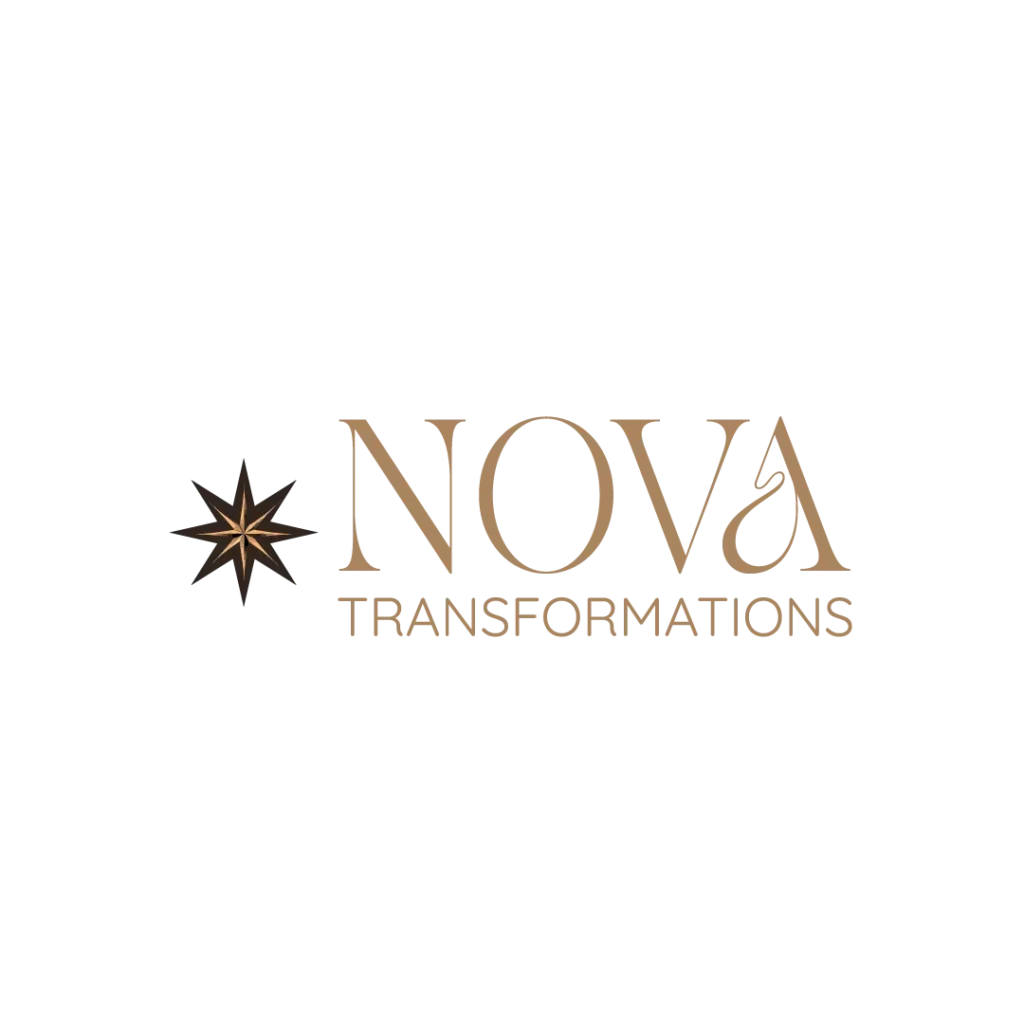The Impact of Prescription Drug Abuse
Prescription drug dependency significantly affects countless individuals and their loved ones. Understanding the trends and treatment approaches available for substance use disorders is crucial in seeking effective support and recovery.
Rising Trends in Substance Abuse
The rise in prescription drug abuse has become an alarming trend. According to recent reports, the SAMHSA National Helpline received 833,598 calls in 2020, marking a 27% increase from the previous year (SAMHSA). This surge highlights the growing need for awareness and effective treatment options as more people struggle with addiction.
Different categories of drugs, such as depressants, stimulants, or opioids, require distinct approaches to withdrawal therapy. Each type of drug has unique properties, making it essential to tailor treatment strategies to ensure safety and efficacy.
Diagnosis and Treatment Approaches
Diagnosing prescription drug dependency is a critical first step toward recovery. Healthcare professionals typically require a comprehensive assessment to identify the specific substance abused and the severity of addiction. This assessment helps guide the development of an effective treatment plan.
Treatment approaches may include a combination of medication and behavioral therapy. Medications like buprenorphine, methadone, and naltrexone are frequently utilized to alleviate cravings and minimize the risk of relapse, particularly for opioid dependencies. Research indicates that initiating medication during emergency room visits for overdose situations is an effective method for engaging patients in ongoing treatment.
| Treatment Type | Description |
|---|---|
| Medications | Buprenorphine, methadone, and naltrexone to reduce cravings |
| Behavioral Therapy | Counseling sessions to address underlying issues and develop coping skills |
In seeking support for your journey, consider exploring options with Nova Transformations, which offers a range of specialized alcohol addiction treatment, heroin addiction recovery programs, and other tailored interventions to meet individual needs. Selecting a facility that understands the complexities of prescription drug dependency rehab is vital for achieving lasting recovery.
Risks and Consequences of Prescription Drug Abuse
Understanding the risks and consequences of prescription drug abuse is essential for anyone experiencing dependency. Recognizing symptoms, acknowledging negative effects on well-being, and understanding the dangers of overdose can help you or a loved one seek necessary help.
Symptoms of Prescription Drug Abuse
Identifying symptoms of prescription drug abuse is crucial for early intervention. Common signs include:
| Symptoms | Description |
|---|---|
| Increased tolerance | Needing larger doses to achieve the same effect. |
| Withdrawal symptoms | Experiencing discomfort when not using the drug. |
| Changes in behavior | Displaying mood swings, isolation, or changes in social circles. |
| Neglected responsibilities | Failure to meet commitments at work, school, or home. |
If you observe these symptoms, consider seeking help from a professional treatment center like Nova Transformations, which specializes in prescription drug dependency rehab.
Negative Effects on Well-being
Prolonged use of prescription drugs can severely impact overall well-being. You may experience cognitive issues, organ damage, heart problems, and respiratory issues, potentially leading to long-term health complications (UKAT). These negative effects can disrupt daily life, interfere with relationships, and hinder personal and professional growth.
Physical and Emotional Dependence
The longer you continue to use prescription drugs, the more likely you are to become physically dependent on them. Withdrawal from prescription drugs can be painful and upsetting, with symptoms including both physical and emotional challenges (Acadia Vermilion). Dependence can create a cycle in which you feel unable to function without the substance, leading to continued use despite harmful consequences.
Dangers of Overdose
Continuing to use prescription drugs also increases the risk of overdose, which can be life-threatening. Signs of overdose may include confusion, difficulty breathing, and loss of consciousness. It is imperative to seek immediate medical help at the nearest hospital if experiencing symptoms of overdose after using prescription medications (Acadia Vermilion). The dangers associated with overdose emphasize the importance of seeking help through effective treatment options, such as those offered by Nova Transformations, which specializes in various programs, including opioid addiction programs and fentanyl addiction programs.
Recognizing these risks is the first step to recovery. If you or someone you know is struggling with prescription drug abuse, reaching out for professional help can make a substantial difference.
Special Considerations for Different Age Groups
Influence on Teens
Prescription drug abuse significantly impacts teenagers, who often misuse medications for various reasons, including curiosity, peer pressure, and to cope with stress. The most frequently misused prescription medications among teens include opioid painkillers, anti-anxiety medications, sedatives, and stimulants. This misuse can lead to serious health problems, including addiction and overdose.
| Commonly Misused Prescription Drugs | Purpose |
|---|---|
| Opioid Painkillers | Pain relief |
| Anti-Anxiety Medications | Anxiety relief |
| Sedatives | Sleep aid |
| Stimulants | Boost focus or energy |
Early intervention and education are crucial in preventing prescription drug dependency among teenagers. It’s vital for parents and educators to engage in open conversations about the dangers of drug misuse and to provide appropriate resources for those struggling with substance use. If you or someone you know is facing challenges with substance use, exploring rehab options like Nova Transformations could be the next step towards recovery.
Prescription Drug Misuse in Older Adults
Prescription drug misuse in older adults is a growing concern. Many older adults are prescribed medications to manage chronic health conditions; however, when combined with alcohol or other drugs, the risk of abuse and addiction increases. Older adults may also experience cognitive decline, which can lead to mismanagement of their prescriptions.
The complexities of managing multiple health issues combined with possible misuse of medication pose unique challenges for this age group (Mayo Clinic). It’s essential to monitor medication use closely and provide support systems to help older adults manage their health responsibly.
| Challenges Faced by Older Adults | Recommendations |
|---|---|
| Handling multiple prescriptions | Regular medication reviews with healthcare providers |
| Risk of addiction due to interactions | Educating patients on the dangers of mixing substances |
| Cognitive decline affecting medication management | Involvement of family and caregivers in treatment plans |
Nova Transformations offers tailored programs that address the unique needs of older adults in their prescription drug dependency rehab. With guidance and support, recovery is achievable.
Seeking Help for Substance Use Disorder
Understanding Substance Use Disorder
Substance use disorder (SUD) is a treatable mental health condition that can significantly impact health and well-being. It ranges from mild to severe forms of addiction and affects individuals across all age groups. Understanding that help is available when you are ready to seek it is crucial. Recognizing the signs of SUD and acknowledging the need for professional support can be the first step toward recovery. Treatment typically involves a combination of medical intervention, therapy, and support systems, all of which work together to foster healing and growth.
Importance of Treatment and Support
Seeking treatment is essential for anyone struggling with SUD, as it is considered a chronic condition requiring ongoing care. Effective treatment not only addresses the symptoms of addiction but also improves overall quality of life. Support from healthcare professionals, family, and friends plays a pivotal role in recovery. Individuals often find success by participating in support groups, such as Narcotics Anonymous, which provide a community of understanding individuals who have shared similar experiences (Cleveland Clinic).
| Benefits of Treatment | Description |
|---|---|
| Reduced Substance Use | Engaging in a structured treatment program leads to decreased substance use. |
| Improved Health | Treatment promotes physical and mental well-being. |
| Enhanced Coping Skills | Learning new strategies to deal with stress and triggers associated with substance use. |
| Strong Support Network | Building connections with peers and professionals for ongoing encouragement. |
Role of Therapies in Recovery
Therapy is a cornerstone of effective treatment for substance use disorder. Various types of therapies work to modify behaviors and attitudes related to substance use, allowing individuals to navigate triggers and avoid relapses successfully. Common therapeutic approaches include:
- Cognitive Behavioral Therapy (CBT): Helps individuals understand the relationships between their thoughts, feelings, and actions to develop healthier coping mechanisms.
- Dialectical Behavior Therapy (DBT): Focuses on teaching individuals emotional regulation and distress tolerance skills, particularly beneficial for those with co-occurring disorders.
- Holistic Therapy: Incorporates mind-body techniques such as yoga and mindfulness, addressing emotional and physical aspects of addiction.
Different therapies complement medication-assisted treatment, contributing to comprehensive care tailored to your needs. Implementing a combination of these approaches can lead to sustained recovery and help prevent future relapses. For more specialized treatment options, explore our various programs including opioid addiction programs and holistic relapse prevention.
Effective Intervention Strategies
Intervening in the life of a loved one struggling with drug misuse is a delicate yet critical step towards their recovery. Understanding how to effectively plan and execute these interventions can help lead to successful outcomes. Here’s how you can approach this process.
Planning and Execution of Interventions
A well-structured intervention involves careful planning and execution. You need to gather a support network of family and friends who can express their concerns about the individual’s drug and alcohol dependency. They should be prepared to share specific experiences that illustrate the negative impact of the addiction, fostering an environment of understanding and compassion.
It’s essential to designate a time and location that is neutral and safe for the conversation. This will help reduce the chances of defensive behavior or emotional outbursts. Also, have a treatment plan ready, including specific rehab options like opioid addiction programs or alcohol addiction treatment that might be suitable for them.
Involving an Intervention Team
Working with an intervention team can escalate the effectiveness of your efforts. Consider enlisting the help of health care professionals experienced in addiction services. This could include a therapist, counselor, or an intervention specialist. Having someone who understands the intricacies of addiction can provide additional support and guidance during the intervention, especially if there are concerns about violent reactions or self-harm from the loved one (Mayo Clinic).
A professional can also mediate the discussion, helping to maintain a constructive tone and keep emotions in check. This will enable participants to express their feelings without escalating the situation.
Ensuring Professional Guidance
Securing professional guidance throughout the intervention process is crucial. It helps ensure that all members remain composed and focused on the goal of encouraging the loved one to seek help. Consider preparing for any outcomes, including the possibility of refusal. Should the loved one reject the treatment plan, it’s important to understand that positive changes can still take place among family members, mitigating adverse behaviors associated with addiction (Mayo Clinic).
By incorporating structured therapy options, such as cognitive behavioral therapy for addiction or trauma recovery outpatient programs, you position your loved one to receive comprehensive support tailored to their needs.
Taking these steps can pave the way toward successful recovery by transforming the intervention process into a foundation for healing and change. Prioritize professional support to guide you through the complexities of addiction, ensuring your efforts lead to a life-changing experience for your loved one.
Comprehensive Treatment Options
Treating prescription drug dependency requires a comprehensive approach tailored to the individual needs of you or your loved one. Using a blend of medications, counseling, and personalized strategies can significantly enhance the recovery process.
Medications and Counseling
In many cases, medications play a crucial role in the successful treatment of substance use disorders. Treatment programs often offer a combination of withdrawal therapy, behavior therapy, and ongoing support to help ease the transition to a drug-free life (Mayo Clinic). Typical medications used may include:
| Medication | Purpose |
|---|---|
| Buprenorphine | Reduces cravings and withdrawal symptoms |
| Methadone | Prevents withdrawal symptoms for opioid addiction |
| Naltrexone | Blocks the effects of opioids |
| Combination of Buprenorphine and Naloxone | Reduces risks of misuse and cravings |
Counseling is equally vital in recovery. Engaging in therapies, whether they’re behavioral or holistic, can tackle underlying issues related to addiction, such as trauma or mental health disorders. You can enhance your treatment by considering various therapeutic options available through facilities like Nova Transformations, including cognitive behavioral therapy addiction and recovery coaching.
Medication-Assisted Treatment (MAT)
Medication-Assisted Treatment (MAT) is specifically designed for treating opioid addiction. MAT combines medications like methadone, buprenorphine, and naltrexone with psychosocial supports and behavioral modifications. This strategy is notable because it addresses both the physical and psychological dependencies, which is essential for long-term recovery. While effective, it’s essential to be aware that only 21% of individuals admitted for prescription opioid use disorder receive a treatment plan including these medications, largely due to regulatory limitations on healthcare providers (National Institute on Drug Abuse).
Tailoring Treatment to Patient’s Needs
Every individual’s path to recovery is unique, and that’s why treatment programs should be adaptable. Factors such as the specific substance abused, duration of usage, co-occurring disorders, and personal health history all contribute to shaping a tailored treatment plan. Nova Transformations emphasizes this personalized approach, encouraging an evaluation of all aspects influencing your recovery process.
In addition, the inclusion of additional therapies, like trauma recovery outpatient programs and holistic relapse prevention, ensures that treatment not only focuses on immediate withdrawal management but also contributes to constructing a healthier, sustainable lifestyle in the long run.
By selecting a program like Nova Transformations, you gain access to versatile treatment methodologies aligning with your personal healing journey, ultimately placing you on a solid path to recovery.








